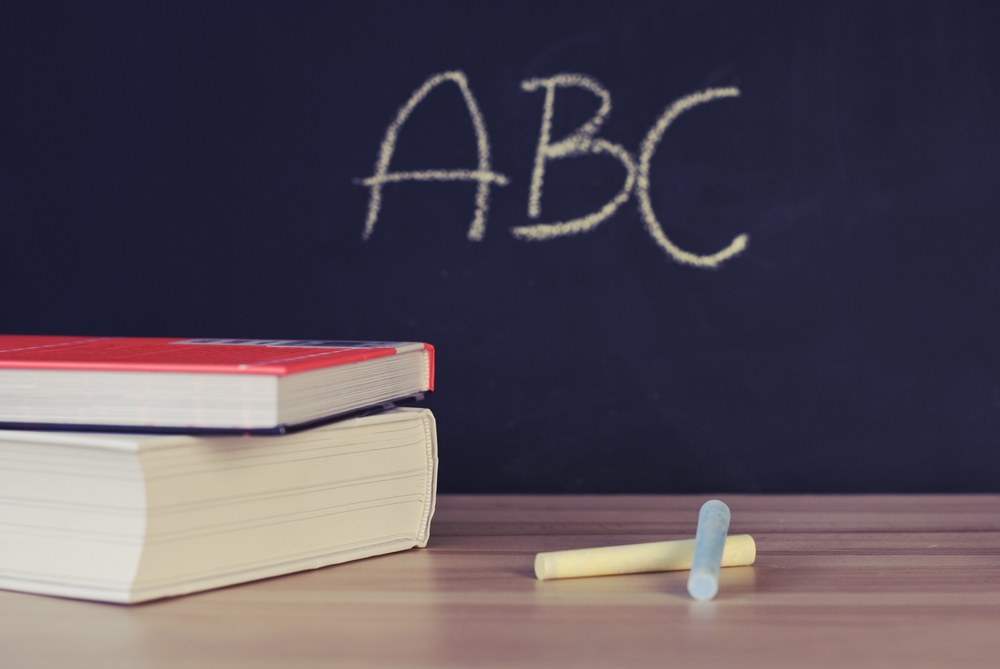(Philadelphia, PA) The COVID-19 pandemic caused the sudden closures of schools across the nation, but the pests that may infest the school buildings found themselves with free reign to go about their business.

Integrated Pest Management (IPM) has been mandated for use in Pennsylvania schools since 2001.
(Philadelphia, PA) The COVID-19 pandemic caused the sudden closures of schools across the nation, but the pests that may infest the school buildings found themselves with free reign to go about their business. These closures have lasted for months and did not allow for normal shut-down procedures, nor for the standard level of summer maintenance due to the buildings being shut to any persons, according to Michelle Niedermeier, School & Community IPM and Environmental Health Program Coordinator for the Pennsylvania Integrated Pest Management (PA IPM) Program at Penn State.
As schools prepare to reopen for the coming school year, school officials and families have to contend with not only implementing procedures to keep those in the schools safe from the novel coronavirus, but to make sure that schools are generally safe for occupancy. This includes continuing to implement integrated pest management (IPM) practices to keep pests, such as insects, rodents, molds, etc., under control. The PA IPM program, a collaboration between the College of Agricultural Sciences at Penn State and the Pennsylvania Department of Agriculture can provide further insights and guidance for educators, students, and support staff. IPM is a systematic and evidence-based approach to preventing pests and safely controlling infestations when they occur. School students, teachers, and administrative staff have roles to play in IPM from spotting new infestations to making sure pests are deprived of food, water, and shelter.
"In preparing to re-open and thinking about ways to stave off the viral pandemic, we also have to deal with what happens to buildings left vacant for more than three months," Niedermeier stated. Consequences of these sudden closures may have taken a backseat to coronavirus, but are far-reaching. Regardless of the setting, there will be pest problems to deal with in preparing for the coming school year.
Dion Lerman, Environmental Health Programs Specialist for the PA IPM Program in Philadelphia, states, "Disinfecting for COVID-19 may be the least of [our] concerns." For example, Legionella, the bacteria that cause Legionnaires' disease, grows in stagnant water including water systems in closed schools. Insect and animal pests have likely used the last 3+ months as a time to flourish without discovery and may have taken a stronger foothold than normal in these unoccupied buildings. Additionally, water intrusions, increased cleaning and disinfecting protocols, along with other contaminants can have a negative impact on indoor air quality (IAQ) and should not be overlooked or discounted as they relate to the overall health and safety of students, teachers, and all others working in the school building.
The likely additional pest pressure in vacant school buildings brings with it a higher likelihood of allergens due to those pests, specifically asthma-inducing allergens from rodent and cockroach excretions. Dion Lerman states "[it's] not a simple mop-over," and that there is a large chance of allergen build-up on floors, ceilings, and in closets and ventilation systems that pests can get into. These issues are exacerbated in historically under-funded school systems with millions of dollars in deferred maintenance and significant pest problems outside of a global pandemic. "In short -- we're in for a ton of surprises in these buildings with not much time to deal with them before the school year starts back up," said Niedermeier.
Integrated Pest Management (IPM) has been mandated for use in Pennsylvania schools since 2001, and the 3rd edition of the IPM for Pennsylvania Schools and Childcares: A How-to Manual is available as a hard-copy text and a free pdf download. Schools preparing for re-opening in the time of COVID-19 will cover their bases by continuing to actively implement principles of IPM in their re-opening strategies.
Some COVID-suppression recommendations for schools may give an advantage to pests. For example, an anti-COVID recommendation is to have students eat lunch in the classroom rather than going to a crowded cafeteria. IPM dictates not to eat in the classroom because this provides food for pests. These conflicting recommendations result in the need for different procedures such as more frequent cleaning of classrooms and the prompt removal of trash. It is also a teachable moment for students to be encouraged to neatly dispose of lunch waste and to report evidence of pests they may see in the classroom.
Lorna Rosenberg, recently retired EPA Green and Healthy Schools Program Manager, says that this is an opportunity to showcase the comprehensive team effort needed for facilities managers, education professionals, and healthcare professionals to work together. Additionally, she states that including the community in this team effort, is in line with the essential communication aspect of IPM, and is an opportunity to "teach civic responsibility in schools," by involving all students, teachers and staff, facilities, and administration to put IPM protocols into practical and daily actions.
IPM is ultimately a decision-making process with multiple tools and tactics that moves along a spectrum from foundational preventative steps to chemical intervention steps. Of those foundational steps, planning and communication are key. School reopenings will succeed with open communication among facilities managers, school employees, and students and their families.
Pennsylvania requires all public and charter schools/districts, intermediate units, area vocational/technical schools, and childcare facilities to implement IPM programs. By following the recommendations of the IPM for Pennsylvania Schools and Childcares: A How-to Manual and keeping lines of communication open, everyone involved in school reopenings can help reduce the risks of the current COVID-19 pandemic and the pests that have proliferated because of the earlier sustained closures.
Tyler O. Jones, MSc
toj2@psu.edu

